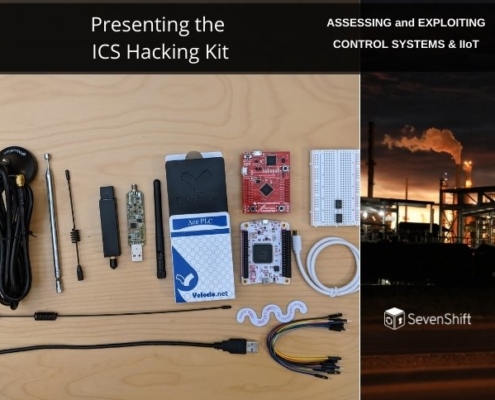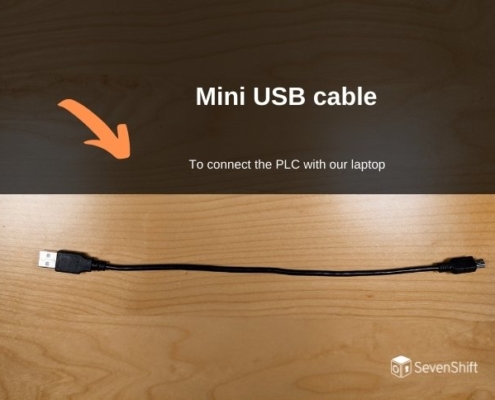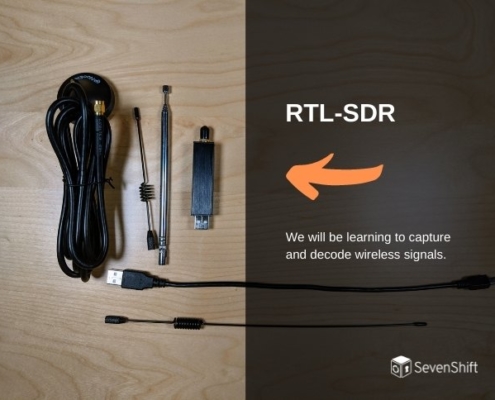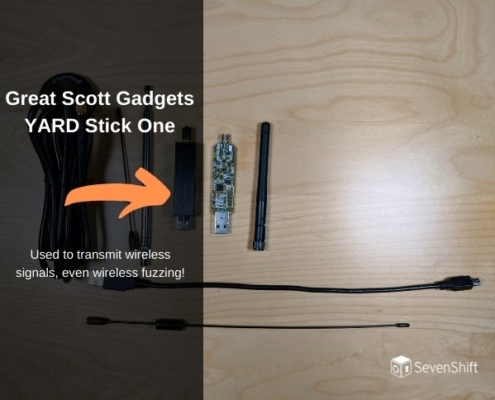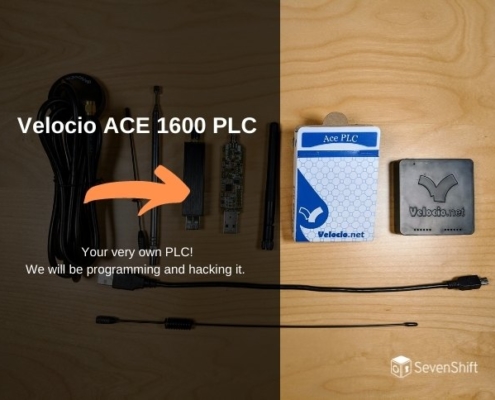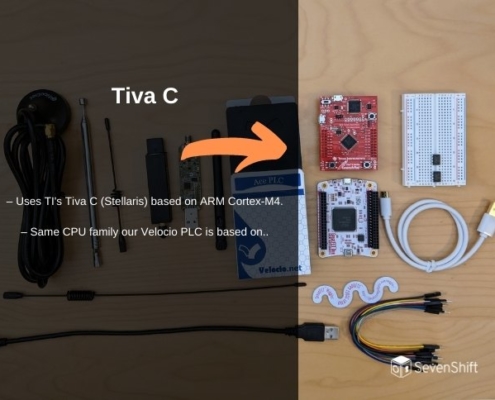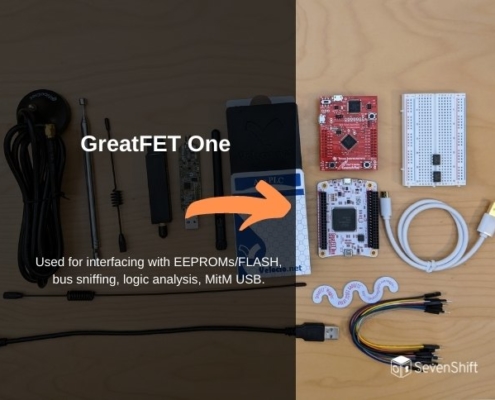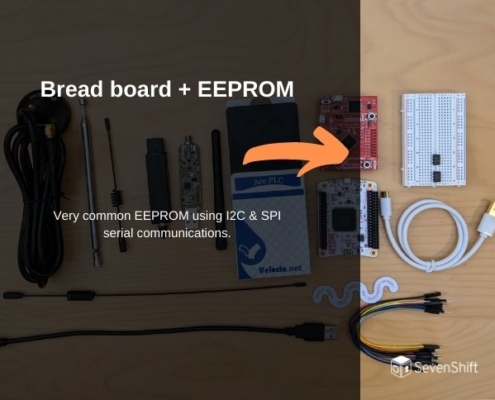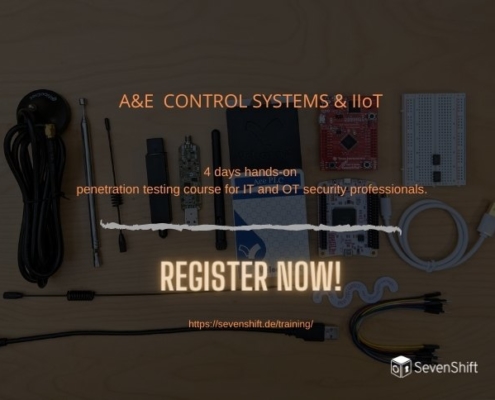In partnership with ControlThings, now offering courses in German and Spanish.
Description
This is not your traditional SCADA/ICS/OT/IIoT security course!
How many courses send you home with a €500 kit including your own Programmable Logic Controller (PLC) and a set of hardware/RF hacking tools?!?
This course teaches hands-on penetration testing techniques used to test individual components of a control system, including embedded electronic field devices, network protocols, RF communications, Human Machine Interfaces (HMIs), and various forms of master servers and their ICS applications.
Skills you will learn in this course will apply directly to systems such as the Smart Grid, PLCs, RTUs, smart meters, building management, manufacturing, Home Area Networks (HAN), smart appliances, SCADA, substation automation, synchrophasors, and even IoT.
This course is structured around the formal penetration testing methodology created by UtiliSec for the United States Department of Energy. Using this methodology and ControlThings Pentest Platform (previously SamuraiSTFU), an open source Linux distribution for pentesting energy sector systems and other critical infrastructure, we will perform hands-on penetration testing tasks on user interfaces (on master servers and field device maintenance interfaces), control system protocols (modbus, DNP3, IEC 60870-5-104), RF communications (433MHz, 869MHz, 915MHz), and embedded circuit attacks (memory dumping, bus snooping, JTAG, and firmware analysis). We will tie these techniques and exercises back to control system devices that can be tested using these techniques. The course exercises will be performed on a mixture of real world and simulated devices to give students the most realistic experience as possible in a portable classroom setting.
Advances in modern control systems such as the energy sector’s Smart Grid has brought great benefits for asset owners/operators and customers alike, however these benefits have often come at a cost from a security perspective. With increased functionality and addition inter-system communication, modern control systems bring a greater risk of compromise that vendors, asset owners/operators, and society in general must accept to realize the desired benefits. To minimize this risk, penetration testing in conjunction with other security assessment types must be performed to minimize vulnerabilities before attackers can exploit critical infrastructures that exist in all countries around the world.
Ultimately, this is the goal of this course, to help you know how, when, and where this can be done safely in your control systems and OT environments.
Contents
Key indicators
Previously sold out at
Learning Objectives
After the class, the attendees will be able to:
- Explain the steps and methodology used in performing penetration tests on Industrial Control Systems, Operational Technologies and Industrial Internet of Things.
- Use the free and open source tools in ControlThings Platform to discover and identify vulnerabilities in web applications.
- Exploit several hardware, network, serial, user interface, RF, and server-side vulnerabilities.
Target audience
This course is designed for intermediate level security professionals, be they engineers, technicians, analysts, managers, or penetration testers.
Next trainings
Book your training now
Make sure you take advantage of the Early Bird discount!
Seats in these classes are limited to ensure personalized experience and encourage maximum collaboration
Can’t make it or missed the dates?
Don’t worry.
Join our newsletter and we will let you know the moment we plan the next ones.
Additional information
Pre-requisites:
Basic penetration testing experience is desirable, but not required. It is assumed that attendees will have no knowledge of ICS, Smart Grid, SCADA, or critical infrastructure.
Each attendee must bring a laptop that meets the following requirements:
- 64-bit processor with 64-bit operating system
- VT or other 64-bit virtualization settings enabled in your BIOS to run 64-bit VMs
- At least eight (8) GB of RAM, recommended sixteen (16) GB if possible
- At least fifty (50) GB of free hard drive space
- Windows 10.x installed on your host laptop or inside a VM
- VMware Player 12 (or later), VMware Workstation 12 (or later), or VWware Fusion 8 (or later) installed BEFORE class begins. Other virtualization software such as Parallels, VirtualBox, or earlier versions of VMware products may work if the attendee is familiar with its functionality and takes full ownership of its configuration, however non-VMware software is not officially supported and VMware should be pre-installed as a backup just in case
- Access to an account with administrative permissions and the ability to disable all security software on their laptop such as Antivirus and/or firewalls if needed for the class
- If you are using Linux for your host machine, you will need ExFAT drivers installed for the USB drive
What we will provide:
- IIoT hacking Kit (to take home and practice the skills learned in class)
- PDF files of slides and workbooks
- All meals and refreshments (on public trainings)
Language:
- Reference material (slides, handouts, etc.): English
- Classes: German or Spanish
ICS / IIoT security hacking kit
The IoT Security Hacking Kit contains all the tools and devices used in our hands-on classes and can only be obtained by attending the ASSESSING and EXPLOITING CONTROL SYSTEMS & IIoT training.
You can use it to learn-by-hacking in class and to keep your skills sharp after it.
Contents:
- Micro PLC
- GreatFET One
- Yard Stick One
- Software defined radio (SDR) kit
- ARM Based IoT board
- and more
Note: the content of the kit varies per session based on the content and availability
Meet the trainer
Pablo Endres
Managing director / Lead Security Consultant / Trainer
Pablo Enjoys hacking, IoT, teaching, working with new technologies, startups, collaborating with Open Source projects, learning new things and being challenged.
In the last couple of years, he has been working mainly IoT security, testing dozens of devices and working with multiple platform providers to secure their solutions.










